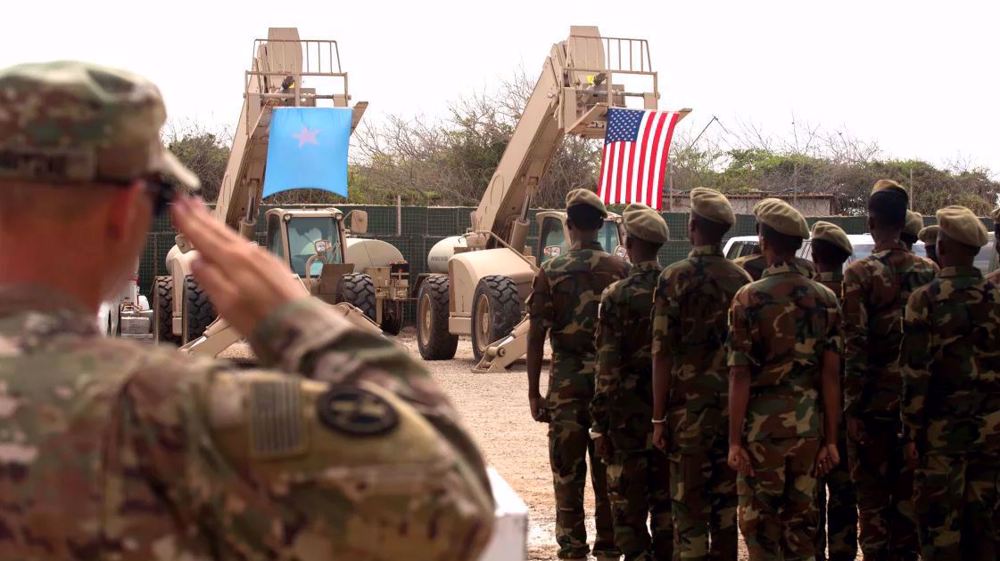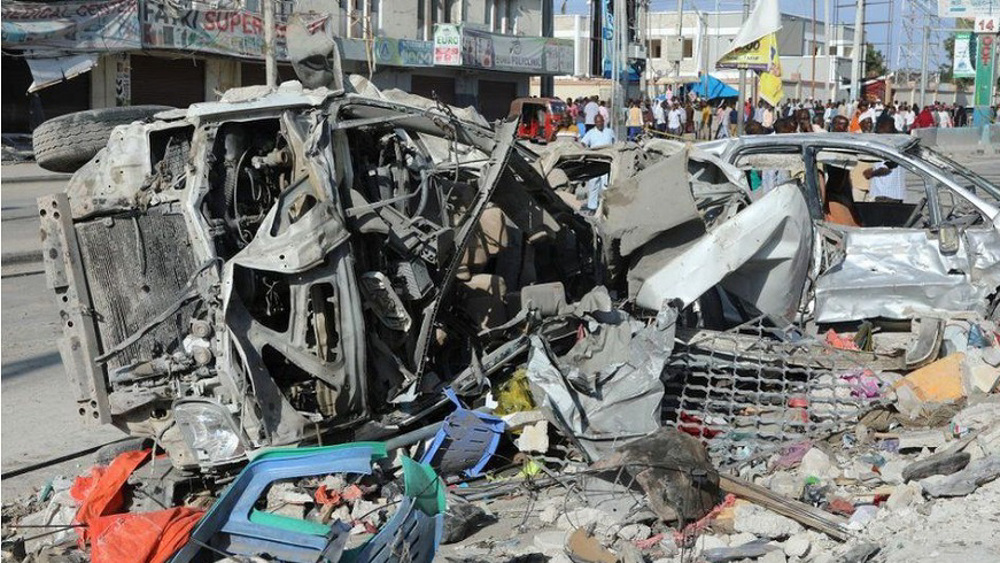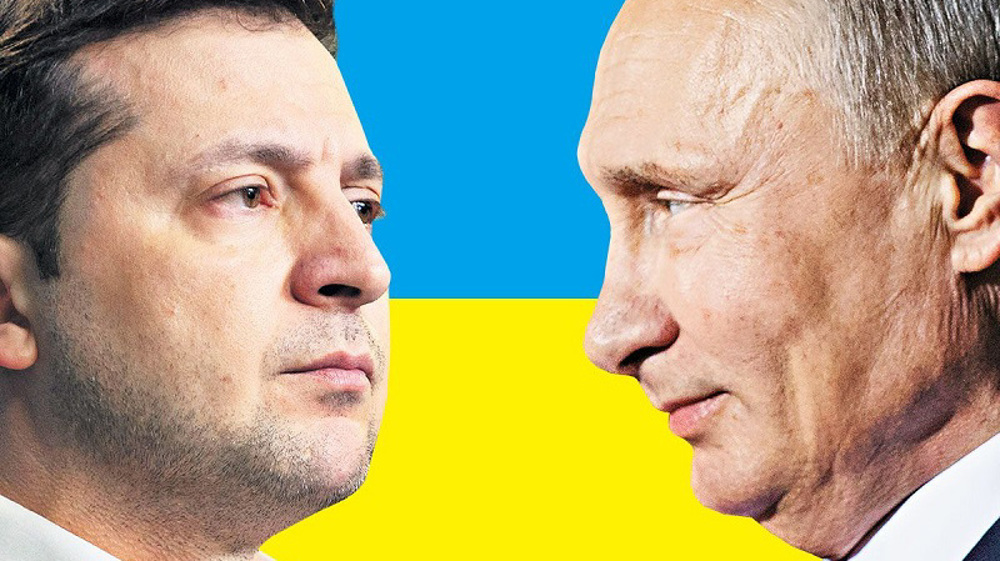UN says Somalia gradually recovering from decades-long conflict
Somalia is recovering from decades of conflict and militancy, but there is still a lot to be done for stability in the country, the UN says.
Nicholas Kay, the outgoing UN special representative for Somalia, said on Tuesday that the African country has in the last three years managed to show signs of gradual recovery from uncertainty, adding, however, that there is still lots of work to be done for the country to become a fully stable nation.
“The country in the past two-three years has come together quite significantly. It is both politically stable and developed as well,” Kay stated, adding that Somalia’s most frightening name in militancy, the al-Qaeda-linked al-Shabab militant group, will not succeed in undermining the country’s ongoing progress toward stability.
Kay said some members of al-Shabab are shifting allegiance to Daesh, a Takfiri terrorist group mainly operating in Iraq and Syria, posing a real concern to the future of the Somalia.
The turmoil in Somalia began in 1991 when the long-time dictator Siad Barre was deposed by warlords who then became involved in deadly infighting. The country did not have a functioning central government until the 2012 election of President Hassan Sheikh Mohamud, who is backed by the UN but strongly challenged by Shabab.
Kay said political leaders in Somalia have been committed to engaging in negotiations.
“These are not armed warlords fighting each other on a clan basis … they are presidents of interim regional administrations who are willing to sit and talk than use a barrel of a gun. In so, they are contributing to peace in the country, not to the fragmentation of the state as in the old days,” he said.
Iraq exhuming remains of 100 Kurdish women, children killed by Saddam
Panama rejects talks with US over canal control
HTS rulers name al-Qaeda operative as Syria's new spy chief
Iran voices concern about rising insecurity, violence in Syria
VIDEO | Karachi sit-in amplifies nationwide call for justice for Parachinar victims
Iran strongly condemns Israeli bombing of Yemen's civilian infrastructure
VIDEO | Press TV's news headlines
VIDEO | Israel and Iran’s Nuclear Facilities?














 This makes it easy to access the Press TV website
This makes it easy to access the Press TV website